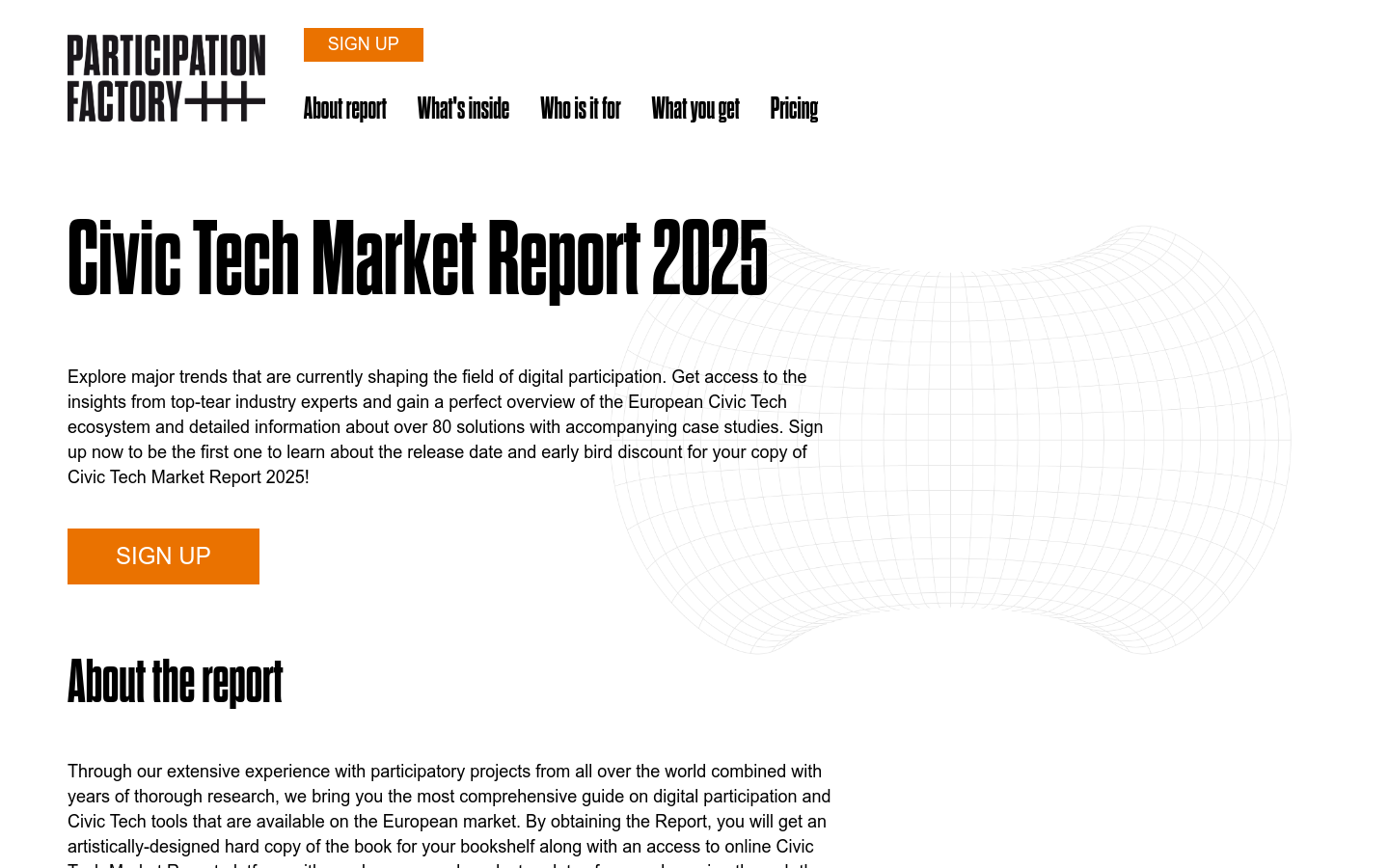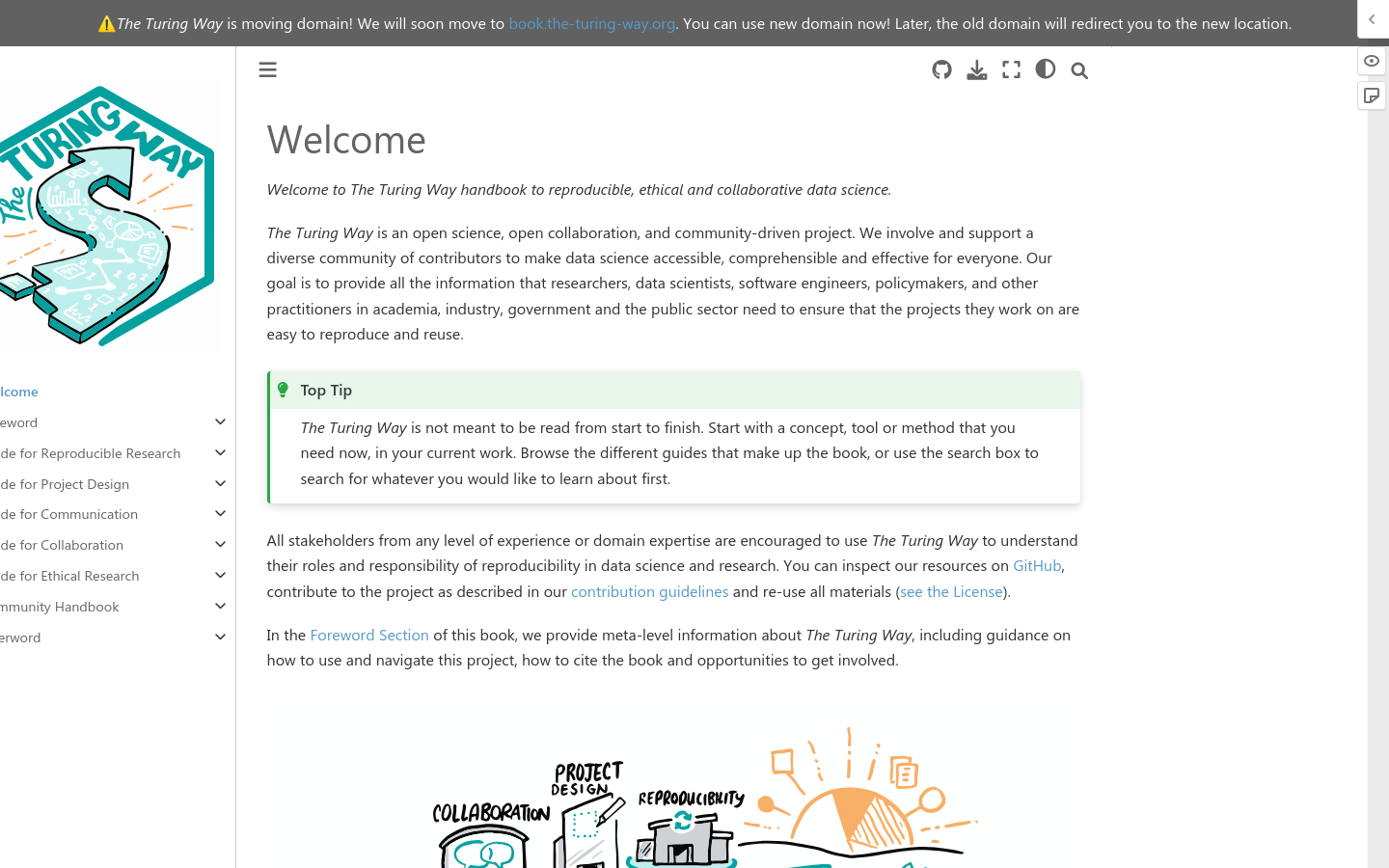Civic Tech Field Guide
Sharing knowledge and productively growing the fieldTag: Format > books - (77)
Showing 77 Results

With this guide, you'll have access to key information on over 2,000 grant-makers, each with the potential to give at least £50,000 per year. (£135.00)

The first sustained, detailed philosophical defense of using lotteries, rather than elections, to select political representatives

Proudly Serving
United States of America (the)A guide to public service in the digital age

New Democratic Initiatives in Authoritarian Twenty-First Century Latin America uses a multidisciplinary approach to understand the coincidence of emerging social movements, seeking more meaningful forms of democratic participation, on the one hand, and the rise of new authoritarian politics that in part rely on chaos and disorder as mechanisms of domination, on the other.

The Tech Coup: How to Save Democracy from Silicon Valley
United States of America (the)An insider offers a “forceful critique...of Big Tech's steady erosion of democracy” (The New Yorker) and describes what must be done to stop it

Why grassroots data activists in Latin America count feminicide—and how this vital social justice work challenges mainstream data science.

Digital Democracy considers how technological developments might combine with underlying social, economic and political conditions to produce new vehicles for democratic practice. The growth of new Information and Communication Technologies (ICTs) such as the Internet, alongside growing concerns about the failure of advanced societies to live up to the democratic idea, has produced much interest in the prospects for a digital democracy. This book will provide invaluable reading for those studying social policy, politics and sociology as well as for policy analysts, social scientists and computer scientists.

Digital Democracy: Political Participation and Citizen Engagement Through the Internet
United Kingdom of Great Britain and Northern Ireland (the)This Library Note provides an overview of developments around citizens’ political engagement and participation through the internet.

Civic Tech Report 2025
Prague, CzechiaHardcover book and online platform providing an overview of over 80 solutions from the European civic tech ecosystem

By Aure Schrock. Out in September. The first detailed history of Code for America that examines how democratically designed government systems can collectively improve technology's impact on society.

From the upheavals of recent national elections to the success of the #MyDressMyChoice feminist movement, digital platforms have already had a dramatic impact on political life in Kenya – one of the most electronically advanced countries in Africa.

A Beginner’s Guide to Finding User Needs: A Practical Guide to User Research Methods
Germany (Deutschland)A free/libre book about UX research with qualitative methods on user motivations, activities, and problems, by Jan Dittrich

Wir holen euch ab! Wie wir durch Bürgerräte und Zufallsauswahl echte Vielfalt in die Demokratie bringen
Germany (Deutschland)Dabei haben sich Katharina Liesenberg und Linus Strothmann vom Team Es geht LOS einer jahrtausendealten, urdemokratischen Methode bedient: des Losens

What Makes an Assembly? Stories, Experiments, and Inquiries
Belgium (België / Belgique / Belgien)Weaving together the anthropological, aesthetic, and political aspects of assembly-making, What Makes An Assembly? explores the potential of assemblies to reimagine the way democracy is practised in contemporary societies.

Recoding America: Why Government Is Failing in the Digital Age and How We Can Do Better
United States of America (the)A bold call to reexamine how our government operates—and sometimes fails to—from President Obama's former deputy chief technology officer and the founder of Code for America.

This book analyzes how mainstream and new parties are building their digital platforms and transitioning from traditional (offline) organizations into the digital world

"From the historian Dan Bouk, a lesson in reading between the lines of the U.S. census to uncover the stories behind the data."

In an era of corporate surveillance, artificial intelligence, deep fakes, genetic modification, automation, and more, law often seems to take a back seat to rampant technological change.

In this groundbreaking work, Haochen Sun analyzes the ethical crisis unfolding at the intersection of technology and the public interest.

"Reclaiming Participatory Governance offers empirical and theoretical perspectives on how the relationship between social movements and state institutions is emerging and developing through new modes of participatory governance."

Research Methods in Deliberative Democracy is the first book that brings together a wide range of methods used in the study of deliberative democracy.

Deliberative Democracy in Asia
China (Zhong Guo)Book edited By Baogang He, Michael Breen, James Fishkin (2021)

The Wildcard Workbook
758 8th Ave Suite 300, New York, NY 10036The Wildcard Workbook: A Practical Guide for Jokering Forum Theatre is a resource for facilitators of all kinds looking for new ways to bring fun, creativity, and critical thinking into their work!

Hack Your Bureaucracy: Get Things Done No Matter What Your Role on Any Team
United States of America (the)In this "deeply empowering and practical book"(Cecilia Muñoz), two technology and innovation leaders reveal dozens of tactics that enabled them to accomplish seemingly impossible reforms in organizations of all types and sizes

Sobrevivendo nas Redes: Guia do Cidadão
Brazil (Brasil)A free book on how to survive on social media networks

The Turing Way: Community-led guides for data science and open research
The Alan Turing Institute, Euston Road, London, UKAlan Turing has long proved a subject of fascination, but following the centenary of his birth in 2012, the code-breaker, computer pioneer, mathematician (and much more) has become even more celebrated with much media coverage, and several meetings, conferences and books raising public awareness of Turing's life and work.

The Propagandists' Playbook: How Conservative Elites Manipulate Search and Threaten Democracy
United States of America (the)How Conservative Elites Manipulate Search and Threaten Democracy, by Francesca Bolla Tripodi

Reorganise: 15 stories of workers fighting back in a digital age
United Kingdom of Great Britain and Northern Ireland (the)"In only a decade, the labour market has changed beyond all recognition - from zero-hour contracts to platform monopolies - meanwhile union memberships are at historic lows."

A collection of essays edited by Ana Brandusescu and Jess Reia featuring essays from participants of the AI in the City: Building Civic Engagement and Public Trust symposium that took place remotely on February 10, 2022.

Critical Media Literacy and Civic Learning
MassachusettsInteractive Explorations for Students and Teachers, by Robert W. Maloy, Torrey Trust, Allison Butler, & Chenyang Xu

The Last Virtual Volunteering Guidebook: Fully Integrating Online Service into Volunteer Involvement
Fully Integrating Online Service Into Volunteer Involvement

The hidden costs of artificial intelligence, from natural resources and labor to privacy and freedom

In Close Up at a Distance, Laura Kurgan offers a theoretical account of these new digital technologies of location and a series of practical experiments in making maps and images with spatial data.

How to take advantage of technology, data, and the collective wisdom in our communities to design powerful solutions to contemporary problems

A revealing look at how user behavior is powering deep social divisions online—and how we might yet defeat political tribalism on social media

"US governments struggle to keep pace with rapidly advancing technologies and with the expectations of the public for governmental service delivery akin to what they experience in other aspects of their normal daily lives."

A New City O/S: The Power of Open, Collaborative, and Distributed Governance (Brookings / Ash Center Series, Innovative Governance in the 21st Century)















